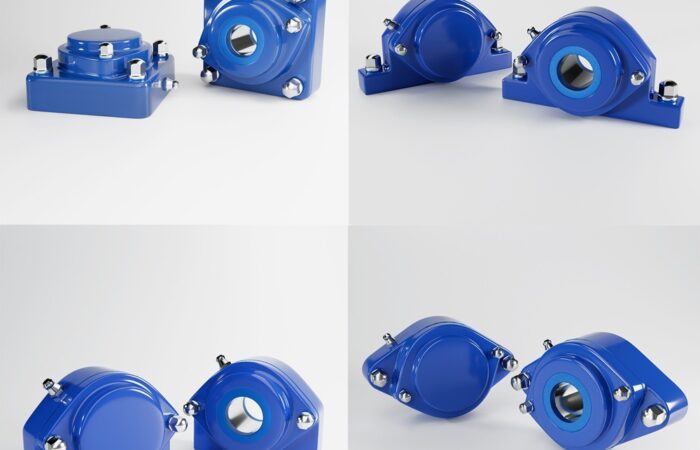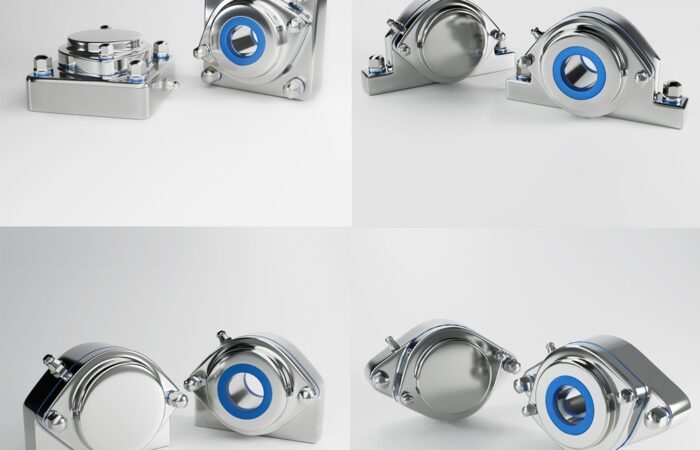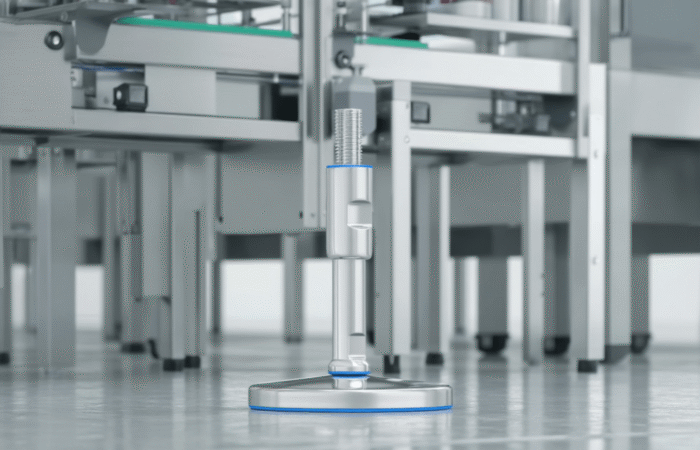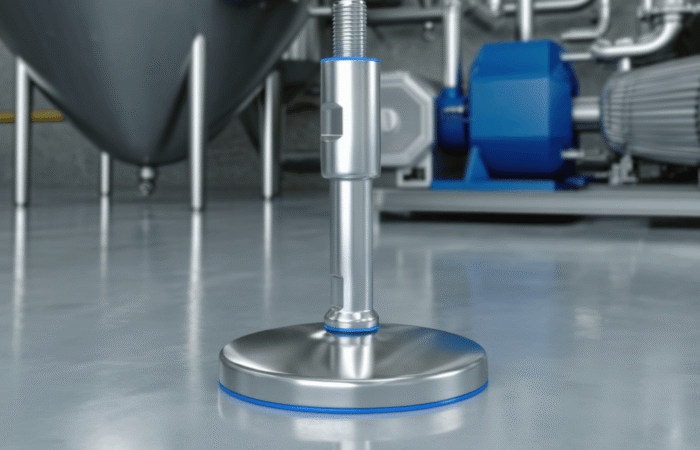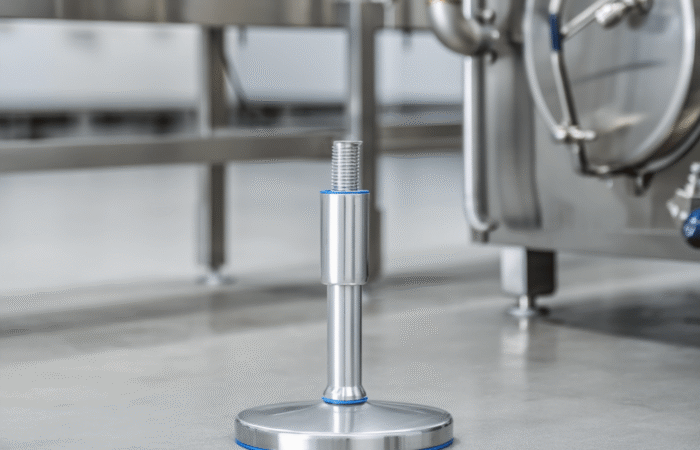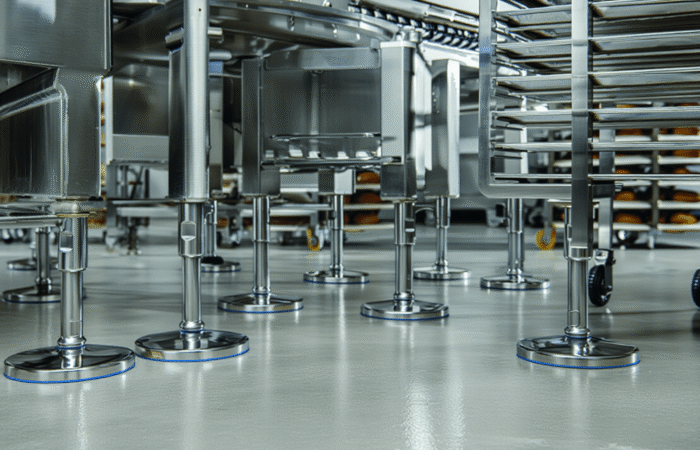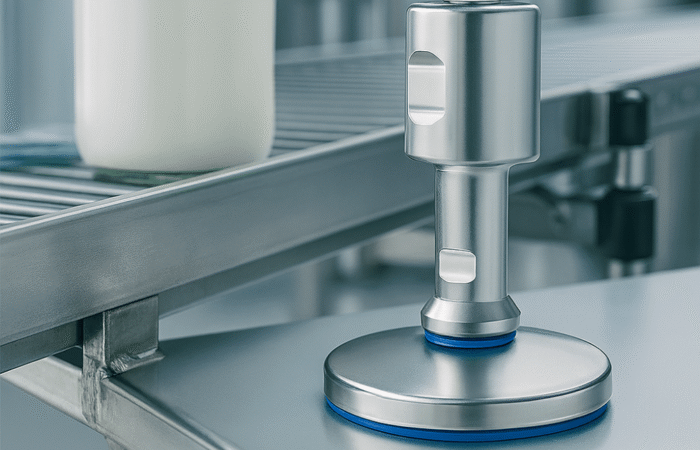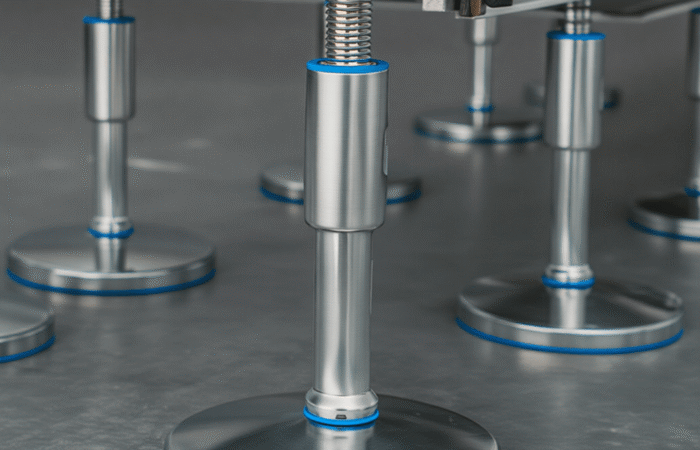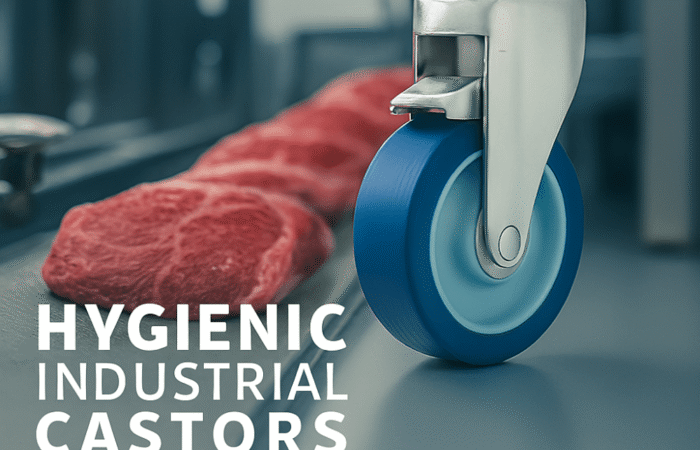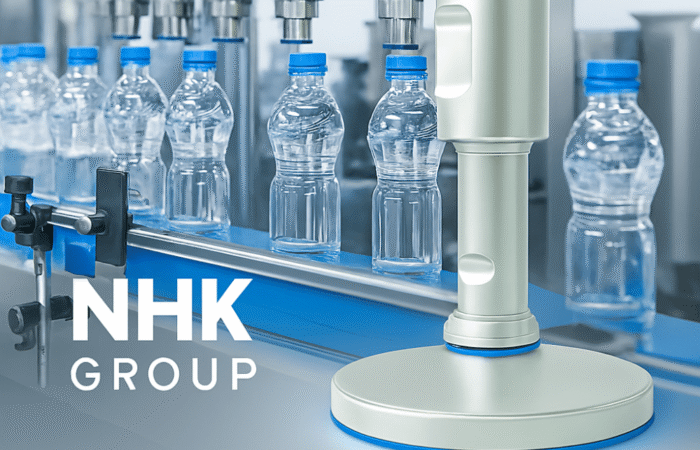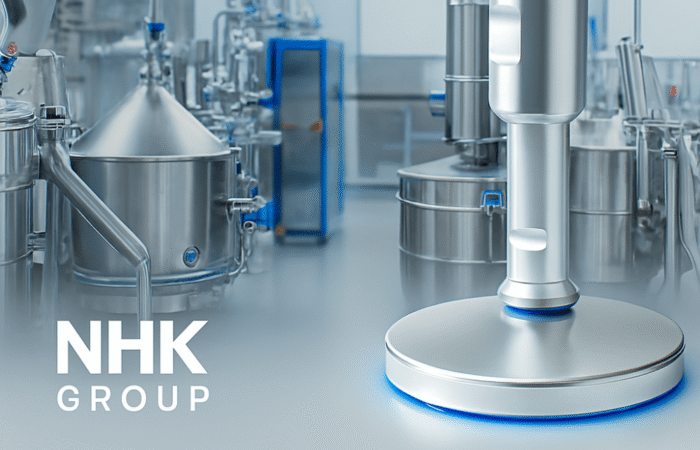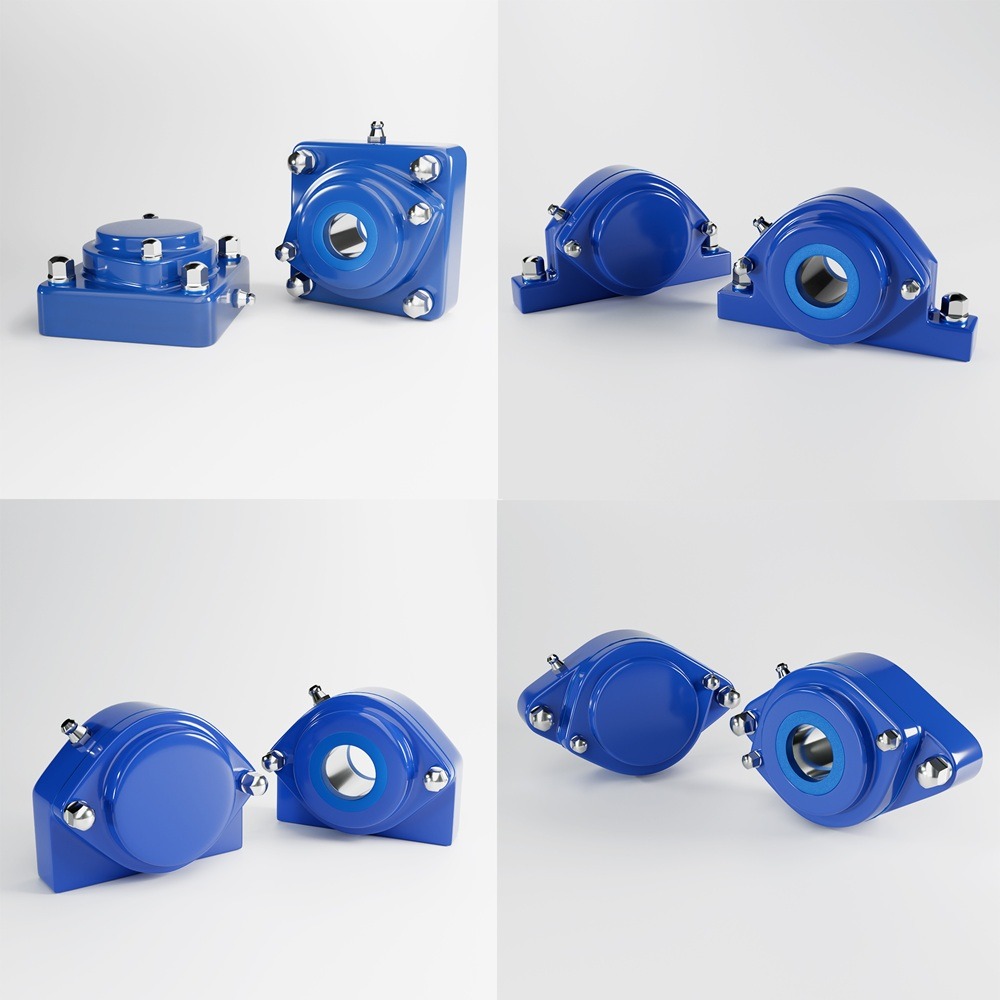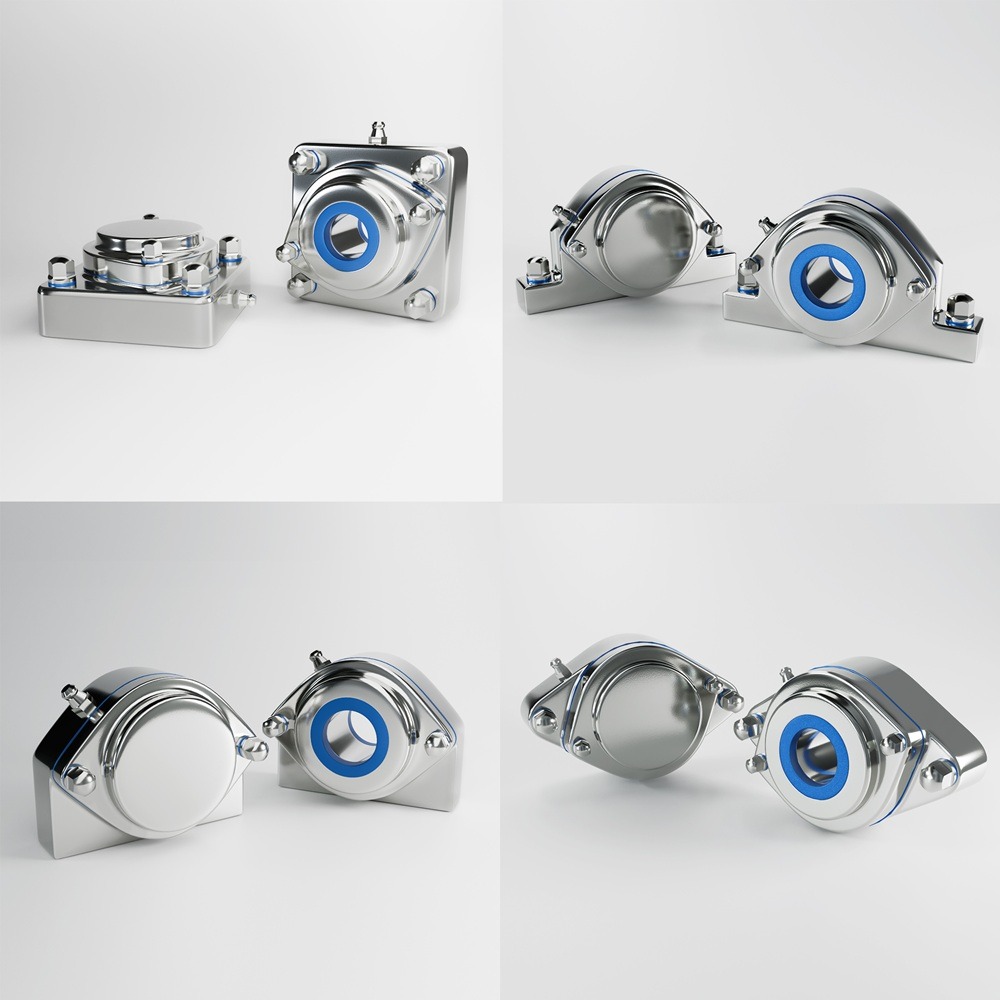
Strategic Planning and Learning with Industrial Swivel Castors
In today’s rapidly evolving industrial landscape, businesses face increasing pressure to enhance efficiency, streamline operations, and ensure compliance with stringent safety and hygiene standards. A key element in achieving these objectives lies in the careful selection of essential components, such as industrial swivel castors. These versatile devices play a pivotal role in enabling smooth movement of heavy machinery, equipment, and materials across various sectors. Their application in the packaging, food processing, pharmaceutical, and biotechnology industries is critical to improving productivity and maintaining operational excellence. This article delves into the importance of incorporating strategic planning, development, and learning when deploying swivel castors in these industries, ensuring businesses stay competitive and compliant with industry standards. Stainless caster noise reducing castor | Order | NHK Machinery Parts Strategic planning is vital when selecting the right industrial swivel castor for your business operations. The needs of each industry differ, and understanding these unique requirements ensures optimal performance, safety, and cost-effectiveness. Incorporating development in the strategic use of swivel castors is essential for keeping up with the advancements in technology and ensuring long-term success. Learning plays a critical role in the successful implementation of swivel castors across industries. Ensuring that staff are well-versed in the proper use, maintenance, and selection of castors is essential for maintaining operational efficiency. Strategic planning, development, and learning are fundamental to optimizing the use of industrial swivel castors across various industries. Whether in packaging, food processing, pharmaceuticals, or biotechnology, selecting the right castors, staying up-to-date with technological advancements, and ensuring employee competency are key to driving operational success. By investing in the right castor solutions, businesses can enhance productivity, maintain safety and hygiene standards, and ensure long-term growth in an ever-changing industrial landscape. Industrial machinery requires precision-engineered components that meet exacting standards for durability, safety, and performance. This comprehensive guide explores the essential machinery parts that drive modern manufacturing across food processing, packaging, and chemical industries. Understanding the difference between Pillow Block Bearings and Flange Bearing Units is crucial for engineers and procurement professionals seeking to optimize equipment longevity. Pillow block bearings, also known as plummer blocks, are self-aligning bearing units that simplify installation and significantly reduce maintenance costs. These versatile components mount on machine frames and support rotating shafts with exceptional precision, ensuring smooth operation in demanding industrial environments. Flange bearing units offer a more compact alternative, featuring integrated flanges that enable direct mounting to flat surfaces without additional hardware. Both designs come in various materials, including stainless steel grades optimized for corrosive environments and food-grade applications where hygiene is paramount. The importance of material selection cannot be overstated in machinery design. 440 Grade Steel and 420 grades offer distinctly different properties suited to specific applications and environmental conditions. The 440 stainless steel variant provides superior hardness and exceptional edge retention, making it ideal for cutting tools and high-wear applications requiring maximum durability. Meanwhile, 420 stainless steel offers better corrosion resistance and is preferred in food processing equipment where chemical exposure is common. Hygienic stainless steel components have become essential in food machinery, meeting EHEDG standards and facilitating rapid equipment cleaning required in modern food production facilities. Understanding ingress protection ratings is equally critical for machinery durability and operational reliability. IP67 rating ensures protection against dust and temporary water immersion, while IP68 rating provides complete dust protection and sustained water immersion capabilities for submerged operations. The IP69K standard represents the highest protection level, specifically designed for high-pressure wash-down environments found in industrial food processing facilities. These ratings define how effectively machinery components withstand environmental challenges and maintain performance. Modern industrial facilities increasingly demand equipment that combines high performance with ease of maintenance and sanitation. The choice between different bearing types depends on operational requirements, environmental conditions, and budget constraints. Proper component selection ensures extended equipment lifespan, reduced downtime, and improved operational efficiency.Strategic Planning, Development, and Learning with Industrial Swivel Castors in Packaging, Food Processing, Pharmaceutical, and Biotechnology Industries
Strategic Planning: Choosing the Right Castor for Your Industry
Development: Continuous Improvement of Castor Technology
Learning: Adapting to Industry Standards and Best Practices
Strategic planning and optimizing using industrial swivel castors

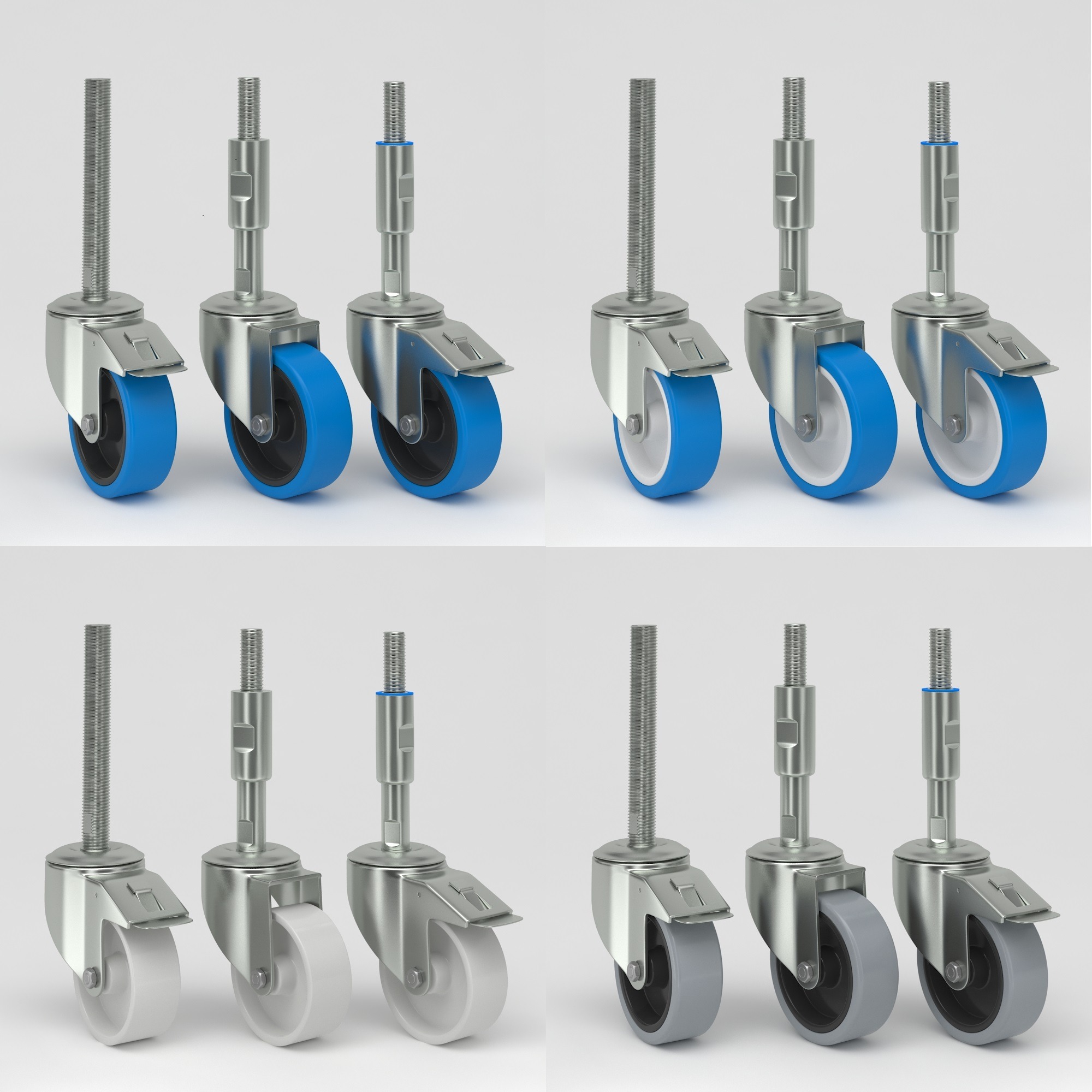
Contact
Understanding Machinery Components & Protection Standards
